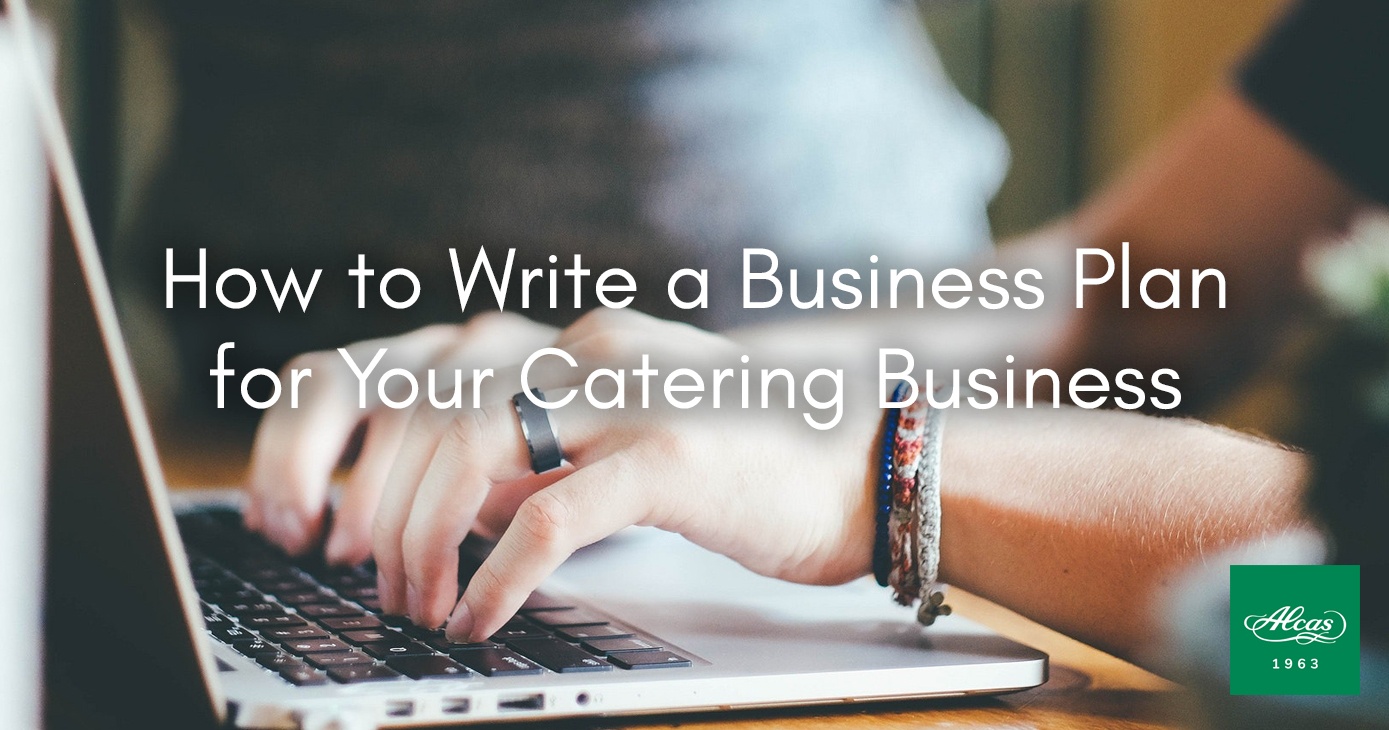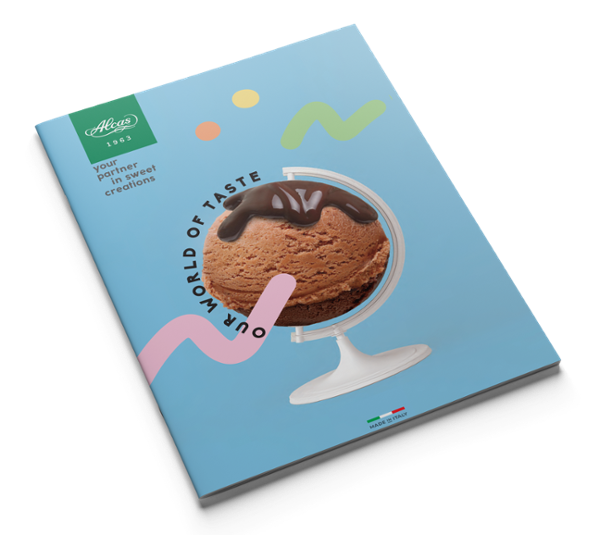
Benjamin Franklin once said, “By failing to prepare, you are preparing to fail.” You may have all the necessary skills to start your own catering business, but not having a concrete plan to guide you will make it really hard for you to run a successful and profitable business. A lot of factors go into doing so, and if one part does go wrong, a clear plan would help greatly in settling them. Read our blog to learn how to write a business plan for your catering business.
If you're a new business owner, you will most likely need the bank to lend you money. Be aware that no financial institution will loan any sum of money to a business venture that looks sketchy to them. They want an organized a fool-proof plan from you before helping you finance your vision. Your business plan should accurately contain all the needed information, like what your business is going to be, the costs versus revenue, the licenses required to start a catering business, and a proper marketing strategy to help boost your business.
- Your business plan is your vision for your business in a nutshell. You should start with what you want your catering business to be. You should be able to clearly describe what it is. You should show what it serves, what it offers and what makes it stand out from the other businesses out there.
Make sure you have the best appetizers, and a very clear menu of what type of food you’re mainly going to serve, from local delicacies, to something foreign like Thai cuisine. Also provide a planned layout of your establishment complete with how many chairs, tables and other items. - The start-up cost is the most crucial info that financial institutions want. You should know how to organize and sum up how much all the inventory, manpower and licensing would cost you to help fund your business. You should also include accessory costs like phone lines, internet, insurance and even transportation costs. It also wouldn’t hurt to procure a liability insurance to protect yourself from a lawsuit or settlement.
- All the licensing might be costly and a bit bothersome to process, but no business will ever run smoothly without it. You’ll need both a food and alcohol license to prove that your service meets FDA standards and is safe to eat or drink. There are other licenses, but it all depends where your business is located.
- You should put the marketing strategy for last. This is where you plan on how to grow your business. You should list ways to draw in potential customers and gain a name for yourself. No strategy is too big or small and every move counts here. You shouldn’t be afraid to contact and meet with local businesses like wedding planners, photographers and public relations. The bigger the event, the better helps showcase your food and your talent.
Interested in learning more about our products?




